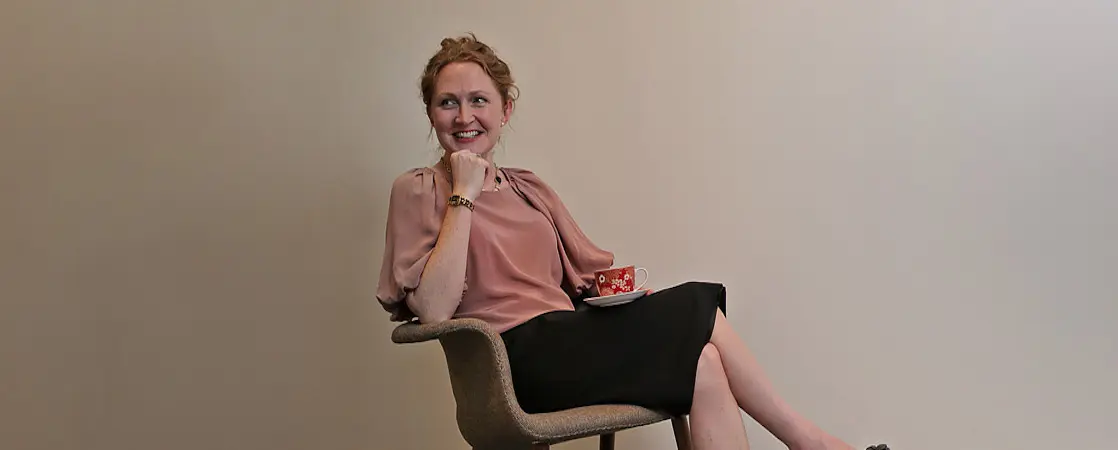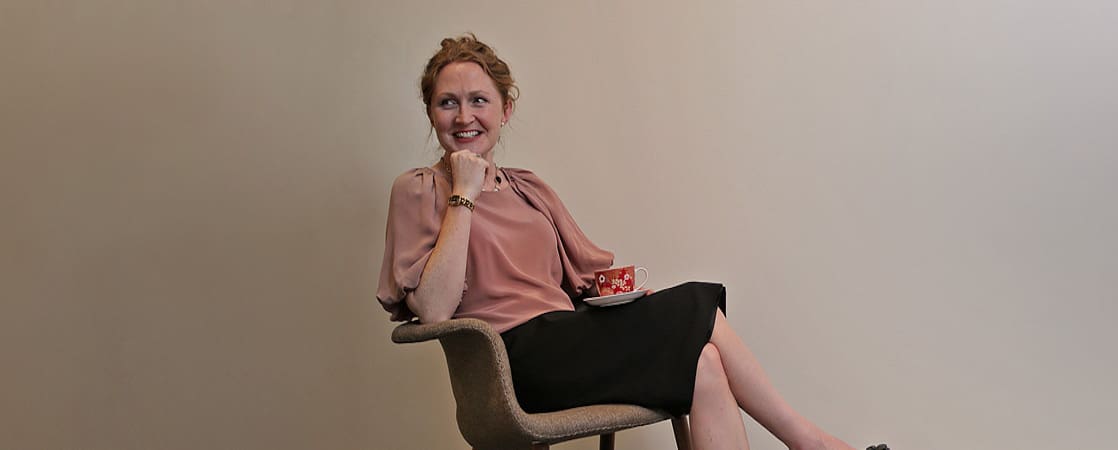According to the Australian Bureau of Statistics, a significant proportion of Australians (52%) report that they are Christian, with Islam (2.6%) and Buddhism (2.4%) the next most common religions. The ABS reports that Australia is increasingly diverse in terms of religion, with Hinduism, Sikhism, Islam and Buddhism all increasingly common religious beliefs.
Meanwhile, while nearly a third of Australians (30%) reported in the 2016 Census that they had ‘no religion’, up from 19% in 2006. People aged 18-34 were more likely than other age groups to be affiliated with religions other than Christianity (12%) or to report not having a religion (39%).[1]
Christmas is embraced by many organisations at the end of the year, as a reason for celebrations, decoration and dress-ups. (Witness the many Santa hats bobbing down the streets of the city at lunchtime in December…!) The growing secularism and consumerism of Australian society means that the observance of Christmas for many people is not religious. Given that almost half of Australians do not identify as Christian, what does this mean for the ‘festive season’ in our workplaces?
Upcoming religious and cultural holidays
A singular focus on Christmas – whether devoutly religious or informally cultural – can mean we overlook the many spiritual, religious, and tradition-based festivals and events at the end of the calendar year. December sees the advent (ahem) of many religious and cultural holidays, each with their own significance, rituals and symbols. Here are just a few over the next few months…[2]
Gita Jayanti. A Hindu celebration of the creation of holy scripture during which people reflect on living a better life. 30 November 2017
Bodhi Day. A Buddhist holiday commemorating the day that Buddha, Siddhartha Gautama reached enlightenment around 596 BC. 8 December 2017
Milad un Nabi. A Muslim holiday when people exchange gifts and donate to the poor, in celebration of the birth of Prophet Muhammad. The date varies by country, between 30 November and 2 December 2017
Hanukkah. An eight-day Jewish holiday also known as the Festival of Lights, commemorating the recapture of the Temple of Jerusalem in 165 BC. 12-20 December 2017
Winter solstice. Recognised by many civilisations for centuries, this ancient celebration of light includes gifts and feasts. 21 December 2017
Mahayana New Year. Depending on the country, this will be celebrated between January and April around the full moon of the month. In Australia, 2-4 January
Birthday of Guru Gobind Singh. This Sikh holiday commemorates the 10th and final Sikh master. 5 January 2018
Lunar New Year and Spring Festival. Also called Chinese new year, this holiday is celebrated by Buddhist, Confucian and Taoist practitioners. 16 February 2018
Naw Ruz. This is the Baha’i new year. 21 March 2018
For more, see the Harmony Day calendar of cultural and religious dates:
The business case for inclusion
The business case for a diverse and inclusive workplace is clear. Diversity and inclusion generate innovation through the exchange of varied ideas. Employees from different backgrounds feel more engaged if they feel valued. Productivity increases. Employees – as well as products, services and advertising – are more likely to be representative of (and appeal to) customers. Colleagues are more likely to treat one another with respect. The Inclusion@Work survey this year found that in Australia, employees working in an inclusive team are 19 times more likely to be ‘very satisfied’ with their job![3]
Even though Father Christmas, Christmas trees covered in fake snow and the Christmas star are common at this time of year, it is possible to celebrate the ‘holiday season’ in a way that honours the similarities and differences of various religious and cultural traditions.
How to make your workplace more inclusive
- Don’t assume that your team members are all Christian. Be aware that not everyone appreciates Christmas decorations in their workplace or wants to take part in a gift exchange.
- The end-of-year party can include decorations and food that are non-specific to any religion.
- Consider having a New Year’s Party instead of a Christmas party – this can celebrate successes and affirm the organisation’s optimism for the new year.
- There’s no reason why you can’t post holiday greetings on your webpage and intranet for many different religious holidays and festivals, demonstrating inclusion and respect for many cultures.
- Post a multi-cultural calendar of special days in the tea room.
- Include employees from a variety of different cultural and religious backgrounds when planning events, to benefit from their experiences and knowledge.
- When planning catering, think in advance about the foods which are likely to put off some employees. For example, Muslim and Jewish staff will not eat pork, and many religions do not allow alcohol.
- It’s not hard to include food that is Halal, Kosher or vegetarian! Cook these foods separately from other dishes, and label the food (e.g. ‘Kosher’).
The new year should be an inclusive celebration of everyone’s efforts to achieve the organisation’s goals. With a little thought in advance, you can ensure that all staff are valued, included and represented. Whatever your faith, culture or practice, Worklogic wishes you a happy new year!
About Rose Bryant-Smith
 Rose Bryant-Smith is the co-founder and director of Worklogic. She is passionate about building ethical, productive and innovative workplaces. Rose leads projects about organisational ethics, risk management, corporate governance and organisational performance.
Rose Bryant-Smith is the co-founder and director of Worklogic. She is passionate about building ethical, productive and innovative workplaces. Rose leads projects about organisational ethics, risk management, corporate governance and organisational performance.
Worklogic works with employers to resolve workplace complaints and create a positive culture at work.
Please contact Rose for an obligation-free, confidential discussion on issues at your workplace.
Subscribe to the Worklogic blog to receive expert advice on resolving workplace complaints and building a positive culture at work direct to your inbox each week!
[1] Source: Australian Bureau of Statistics, http://www.abs.gov.au/AUSSTATS/abs@.nsf/mediareleasesbyReleaseDate/7E65A144540551D7CA258148000E2B85?OpenDocument
[2] Thanks to Faith Communities Council of Victoria http://www.faithvictoria.org.au/calendar and Diversity Council of Australia, Multi-faith Workplace Guidelines for Managers (2009). See also the great resources by the Tanenbaum Center for Interreligious Understanding in the United States https://tanenbaum.org/resources/
[3] Diversity Council Australia (O’Leary, J. and Legg, A.) DCA-Suncorp Inclusion@Work Index 2017 – 2018: Mapping the State of Inclusion in the Australian Workforce, Sydney, Diversity Council Australia, 2017.



